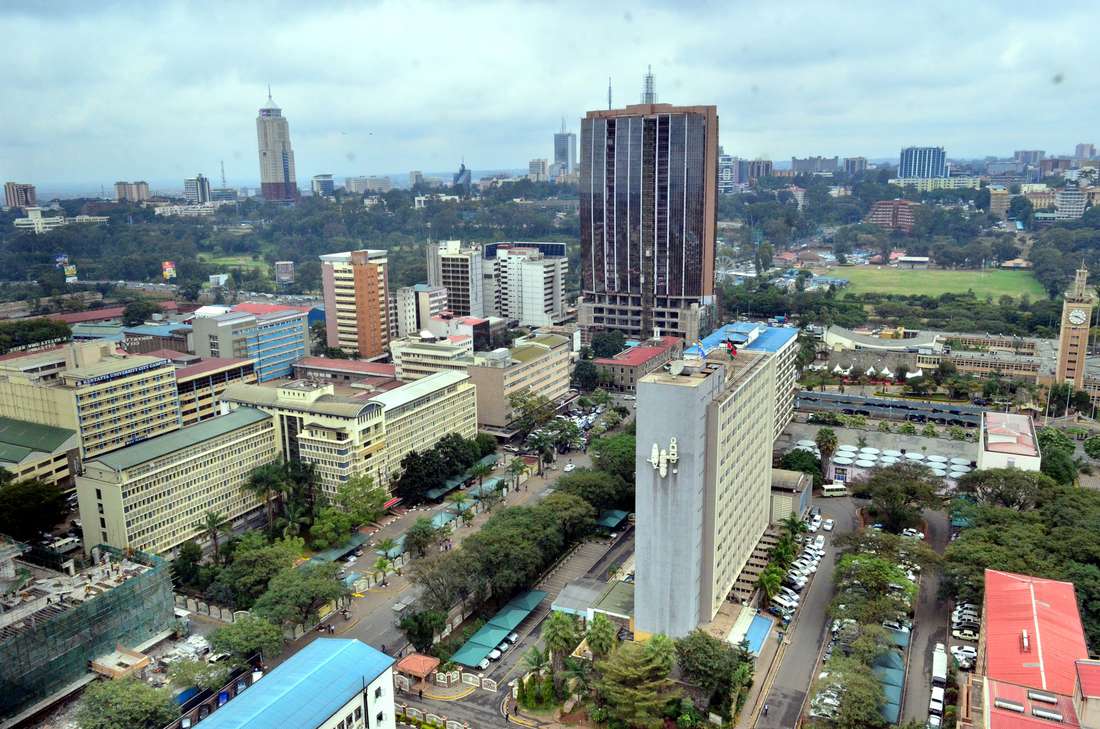Kenya has for the first time since independence cleared direct loans owed to the United Kingdom, its former colonial master that has recently shifted how it lends to developing countries.
Data from the Treasury indicates that Kenya does not owe Britain as of June compared to a debt of Sh35 million in May and Sh1.4 billion in 2015.
The drop in direct loans from the UK emerged in a period when the country opted to offer funds to agencies such as the Department for International Developlemt (DFID) and the World Bank for onward lending to developing nations like Kenya.
The easing of UK direct debt to Kenya comes as countries like China have ramped up loans to African countries. Beijing has also used debt for geopolitical influence.
“The World Bank Group is the leading official creditor to Kenya with the UK as a significant contributor to these resources. So for every dollar we receive from World Bank or IMF, the UK taxpayers funds are included, in a significant way,” said Haron Sirima, the director-general of Public Debt Management Office at the Treasury.
“Furthermore, the UK through its development assistance arm, DFID channels funds directly to the private sector non-state actors. This is a common practice by most EU countries and the US.”
The DFID — renamed Foreign, Commonwealth and Development Office — and its investments institution CDC have been channelling loans directly to the private sector companies such as Athi River Mining, Brookside Dairy, Equity Bank, Garden City and M-Kopa Solar.
London’s influence in Nairobi has, however, declined over the years. Britain has recently sought to establish deeper relations with Kenya after Brexit when former Premier Theresa May visited Nairobi in 2018. No British PM had visited Kenya for 30 years in a period that saw Nairobi increasingly turn to China and the US for investments.A shift in the structure of Kenyan debt has seen China and private banks increase their share of the country’s foreign debt, replacing traditional bilateral lenders.
A third of Kenya’s Sh3.2 trillion external debt is owed to private creditors, including holders of the country’s Eurobonds with an outstanding $6.1 billion (Sh652.7 billion) borrowed since 2014
Beijing is Kenya’s largest bilateral lender with $6.46 billion (Sh671.15 billion) as at June 2019, more than half of which went to building the standard gauge railway.
Kenya’s total public debt in was Sh6.6 trillion as at end June 2020 and is projected to increase to Sh10.4 trillion by […]
